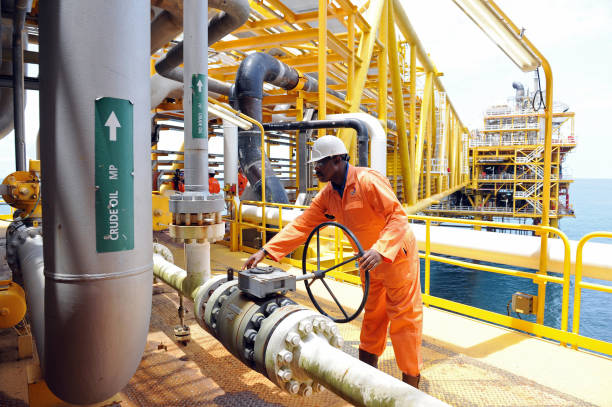It is almost inevitable when we talk of the largest oil producing nations in the world-Nigeria, Libya, Angola and Algeria (In no particular order) will be mentioned. Africa’s inability to refine its own crude oil is having a serious impact on these nations amid soaring global fuel prices.
In recent times, the Russian invasion of Ukraine has caused a major global energy crisis in the world, and as fuel cost continue to soar, African countries are left with no choice but to spend more on refined crude.
In an interview with Bloomberg, Fadi Mitri who heads Puma Energy, one of the largest fuel distributors in Africa, said
“There is no doubt that this has a disproportionate impact on the economies of Africa… Do they choose to limit price increases, which will widen fiscal deficits and risk security of supply but limit inflation? Or do they choose rapid price increases which will naturally result in inflation but maintain access to supply on the international market? Indian and Middle Eastern refineries that used to supply Sub-Saharan and eastern Africa are today shifting their flows towards unregulated markets in Europe where they can secure more attractive prices,” Mitri told Bloomberg.
This will truly be a tough one for African leaders to call. Taking the first option will mean Limiting increase in price of gas sold locally and risking deficit spending (When government spending exceeds its revenue for the year) due to high prices of imported refined crude or Increase fuel prices and risk worsened inflation. Parts of Europe and Middle eastern countries that supply Africa its refined crude are taking their attentions to other parts of the world in an attempt to find better prices.
Africa’s inability to refine its on crude has left the whole continent in a dicey situation.

